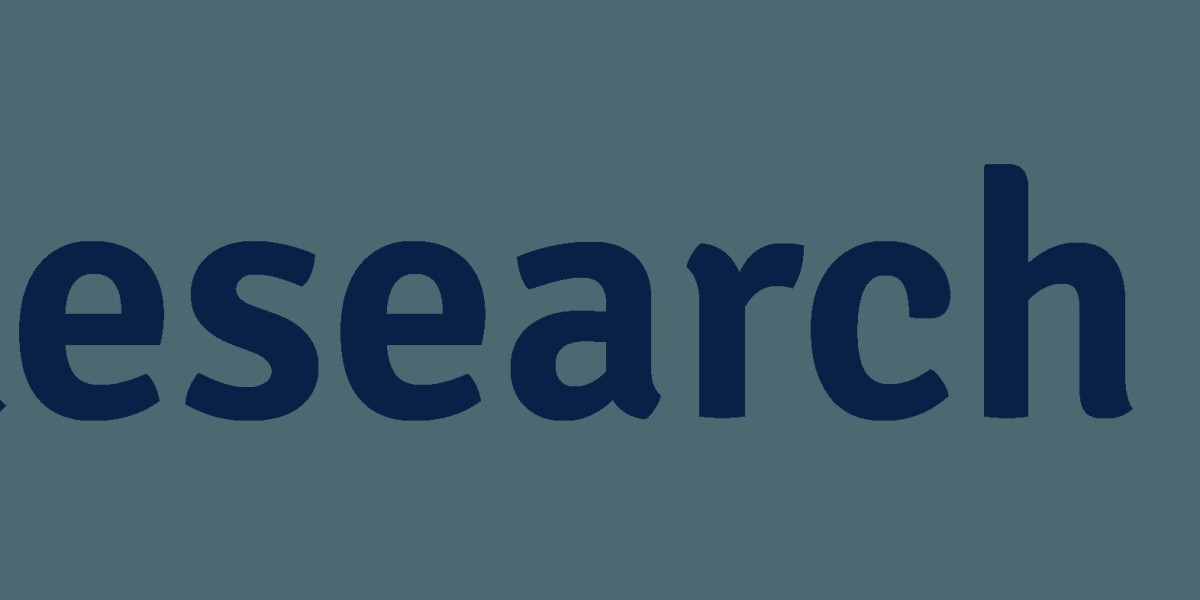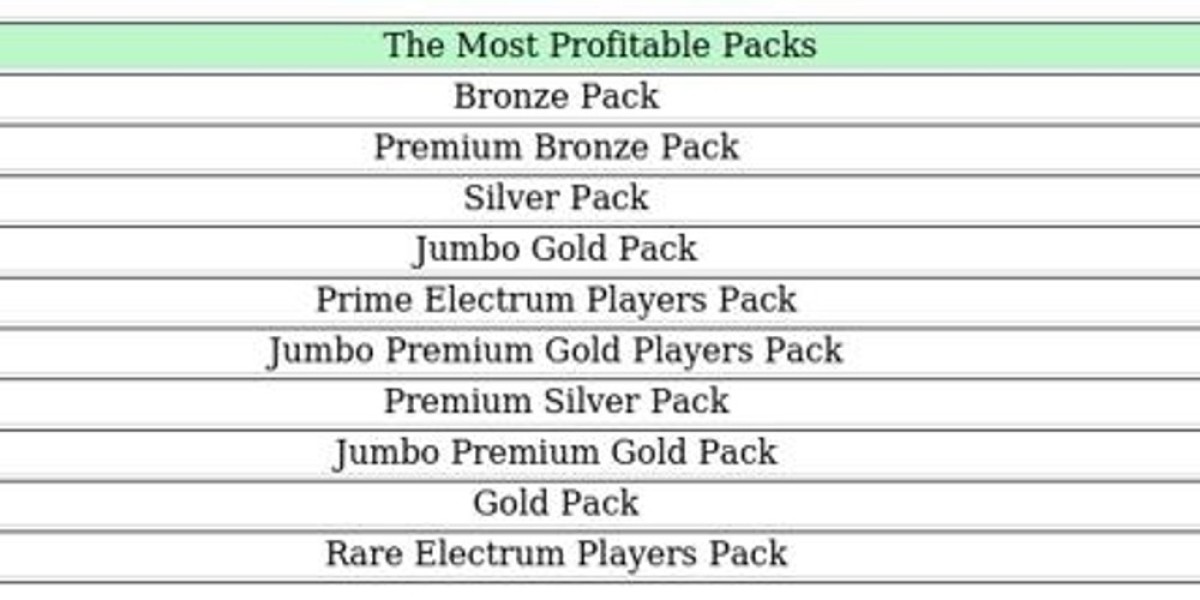The Cancer Epigenetics Therapeutics Market is witnessing significant growth as research into epigenetic mechanisms provides new avenues for targeted cancer treatment. With the increasing incidence of various cancers globally, there is rising demand for therapies that can modulate gene expression, offering improved efficacy and reduced side effects compared to conventional treatments.
Rising investments in precision medicine and epigenetic drug discovery are accelerating the development of innovative therapeutic solutions. Techniques such as DNA methylation inhibitors, histone deacetylase inhibitors, and RNA-based therapeutics are emerging as key strategies in modern oncology.
Additionally, government and private funding initiatives support extensive clinical trials aimed at developing next-generation epigenetic therapies. The integration of genomics, bioinformatics, and molecular biology is further strengthening the market’s growth trajectory.
? Request a Sample Report: https://researchintelo.com/request-sample/4448
Market Drivers
Key factors driving the Cancer Epigenetics Therapeutics Market include:
Rising Global Cancer Incidence: Increasing cases of breast, lung, and hematological cancers create demand for targeted therapeutics.
Advancements in Epigenetic Research: Breakthroughs in understanding gene regulation accelerate the development of novel drugs.
Focus on Personalized Medicine: Tailored therapies based on patient epigenomic profiles improve treatment outcomes.
Early detection and epigenetic profiling of tumors allow for precise treatment strategies, further supporting the adoption of these therapeutics in clinical practice.
Market Restraints
Despite strong growth prospects, certain factors may restrain the market. High costs of epigenetic drugs and the lengthy approval process can limit accessibility, particularly in developing countries.
Additionally, the complex nature of epigenetic modifications and potential off-target effects pose challenges in therapy development. Regulatory uncertainties and the need for extensive clinical validation may slow the market expansion in some regions.
Market Opportunities
The Cancer Epigenetics Therapeutics Market offers several growth opportunities. Emerging technologies such as CRISPR-based gene editing, RNA interference, and combination therapies are opening new avenues for treatment.
Expanding applications in hematologic cancers, solid tumors, and rare cancers provide additional opportunities. Moreover, emerging markets in Asia-Pacific and Latin America are expected to witness rapid adoption due to improving healthcare infrastructure and increasing awareness about personalized medicine.
? View Full Report: https://researchintelo.com/report/cancer-epigenetics-therapeutics-market
Market Dynamics and Value Outlook
Research Intelo projects that the Cancer Epigenetics Therapeutics Market will achieve a multi-billion-dollar valuation by 2032, registering a strong compound annual growth rate (CAGR) driven by the rising prevalence of cancer and continuous innovation in therapeutics.
Global cancer statistics reveal that over 19 million new cases were diagnosed in 2022, highlighting the critical need for advanced treatment solutions. Epigenetic therapies are increasingly recognized for their potential to complement existing chemotherapies, immunotherapies, and targeted drugs, enhancing overall efficacy.
Additionally, collaboration between pharmaceutical companies, academic institutions, and research centers is accelerating drug discovery and clinical development. Investment in next-generation sequencing and bioinformatics tools supports precise identification of epigenetic targets.
Regional Insights
North America leads the market due to advanced healthcare systems, high R&D investment, and early adoption of personalized oncology treatments.
Europe follows, supported by government initiatives, strong research infrastructure, and growing patient awareness.
Asia-Pacific is anticipated to record the fastest growth due to rising cancer incidence, improving healthcare access, and expanding clinical trial activities.
Latin America and the Middle East are gradually adopting epigenetic therapeutics as awareness and healthcare infrastructure improve.
? Enquire Before Buying: https://researchintelo.com/request-for-customization/4448
Key Trends in the Market
Several trends are shaping the Cancer Epigenetics Therapeutics Market:
Combination Therapies: Integration with immunotherapy and chemotherapy improves efficacy and reduces resistance.
Precision Oncology: Personalized treatment strategies based on patient-specific epigenetic profiles are becoming mainstream.
Next-Generation Sequencing (NGS) Integration: Enables accurate identification of epigenetic alterations and treatment planning.
Emerging Drug Classes: Small molecules, RNA therapeutics, and CRISPR-based therapies are gaining prominence in clinical research.
These trends indicate a strong shift toward patient-centered, precision-focused approaches in oncology care.
Future Outlook
The Cancer Epigenetics Therapeutics Market is projected to expand continuously as innovation, investment, and awareness grow. Personalized therapies targeting epigenetic modifications will play a crucial role in future cancer care.
Emerging economies are expected to contribute significantly, driven by increasing healthcare infrastructure investments and rising cancer incidence. Research Intelo forecasts that integration of epigenetic profiling and advanced therapeutics will transform treatment strategies over the next decade.
? Check Out the Report: https://researchintelo.com/checkout/4448
Conclusion
The Cancer Epigenetics Therapeutics Market is on a strong growth trajectory, driven by rising cancer prevalence, technological innovations, and precision medicine adoption. While challenges such as high treatment costs and regulatory complexities exist, opportunities in emerging markets and advanced therapeutic strategies promise substantial market expansion.









